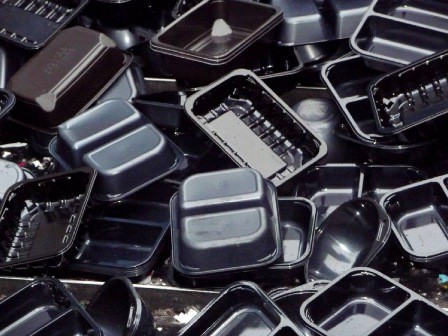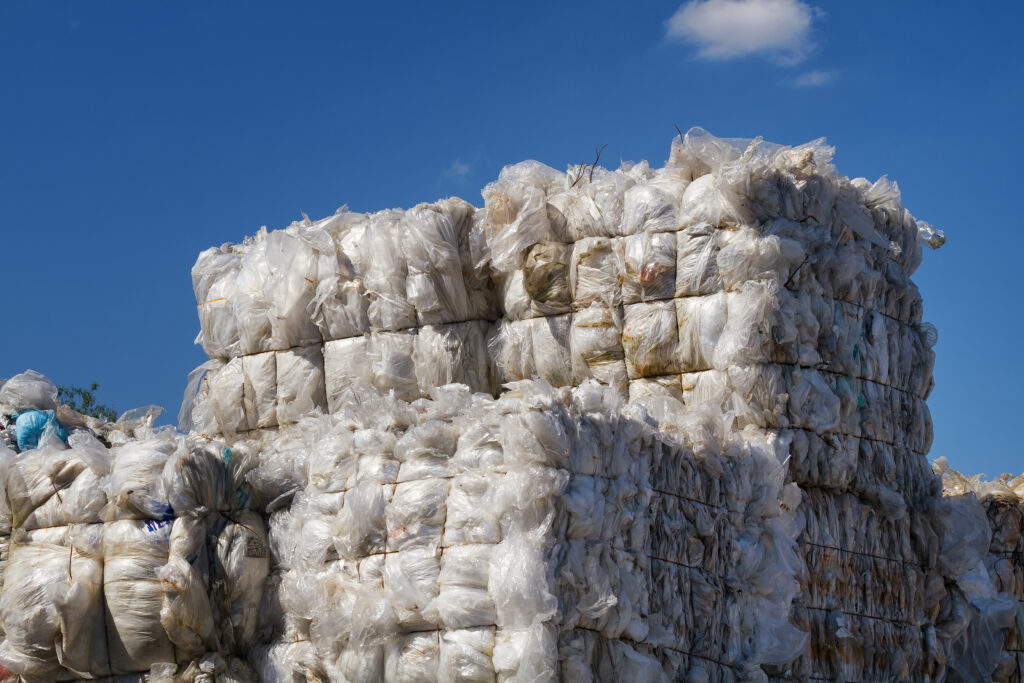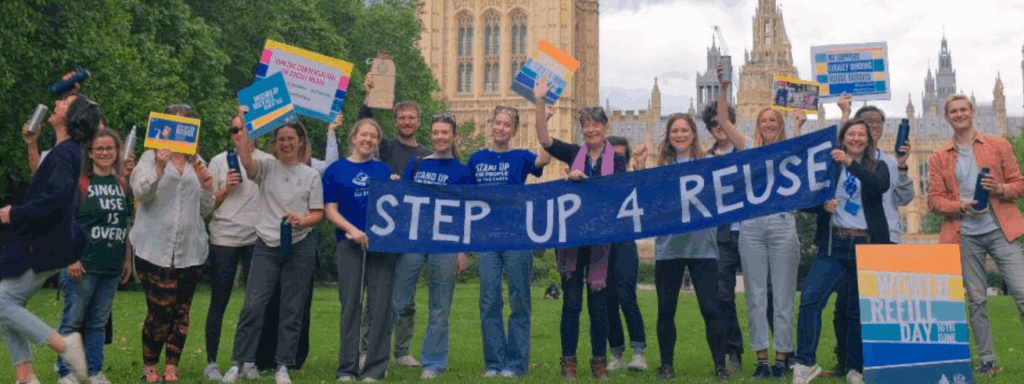The terahertz spectroscopic imaging technology, developed by researchers in the university’s Physics Department, is expected to help boost the quality of recycled plastics and allow recyclers to accept previously “difficult” materials, including black plastics and complex packaging formats.
According to the company, the technology can see through all colours of plastic and multilayer packaging to analyse the internal structures of the material, using terahertz waves to identify their unique spectral signatures.
It will also be able to detect signs of degradation and contaminants in plastics.
The 3D imaging will be used in real-time to support automated, inline industrial sorting systems.
Beril Baykal Yesilırmak, Vanden’s Technical Director, commented: “We are committed to delivering absolute certainty and transparency to our clients and that means using the best available science to solve real-world recycling problems.”
Vanden suggested that this technology could be an alternative to Near Infrared (NIR) and Fourier Transform Infrared (FTIR) sorting methods.
The partnership is supported by the UK Research and Innovation Engineering and Physical Sciences Research Council (UKRI EPSRC) through an Impact Acceleration Account, a strategic award for research organisations.
Baykal Yesilırmak added: “We are bridging the gap between academic discovery and industry execution.
“This isn’t just about research, it’s about real, practical change.”








Subscribe for free